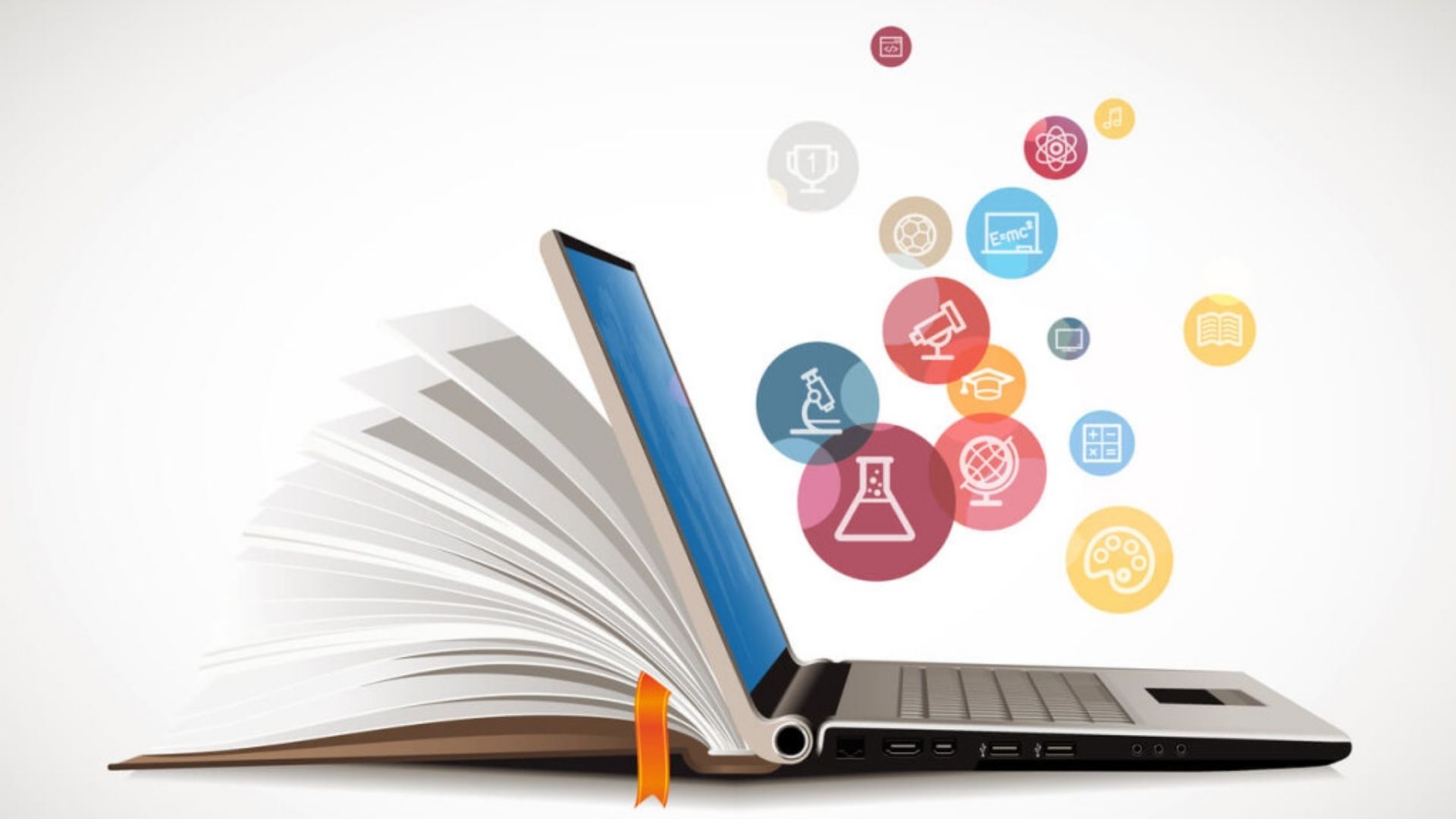
You’re likely no stranger to the impact digital learning is having on education. You’ve probably encountered online platforms, interactive tools, and personalized learning pathways that cater to unique needs and abilities. But have you stopped to think about what this means for the future of education? As virtual classrooms, artificial intelligence, and immersive technologies like virtual and augmented reality continue to transform the learning experience, you’re left wondering: what does this mean for you, and how will it shape the education landscape in the years to come?
The Rise of Online Learning Platforms
Surfing the internet, you’ve likely stumbled upon a plethora of online platforms, each promising to revolutionize the way you learn.
From online courses to virtual classrooms, the options are endless. They have made learning more accessible, convenient, and often, more affordable.
You can now learn a new skill, earn a degree, or even get certified from the comfort of your own home. The flexibility is unparalleled, allowing you to learn at their own pace, anytime, anywhere.
What’s more, many of these platforms offer interactive tools, such as gamification, simulations, and virtual reality, making learning more engaging and fun.
With the rise of online learning platforms, traditional classrooms are no longer the only option. You now have the power to choose how, when, and what you want to learn, giving you greater control over your education.
Personalized Education Through Technology
Across the digital landscape, technological advancements are paving the way for tailored learning experiences.
You’re no longer confined to a one-size-fits-all approach. Instead, you can learn at your own pace, and focus on areas where you need improvement.
Adaptive learning systems adjust their teaching methods based on your performance, providing real-time feedback and recommendations.
You’ll receive personalized lesson plans, tailored to your learning style, whether that’s through interactive simulations, video lectures, or virtual labs.
This approach helps you identify knowledge gaps and bridge them more efficiently.
Moreover, AI-driven tools can analyze your strengths and weaknesses, providing insights that teachers might miss.
By leveraging technology, you can take ownership of your education, making it more effective, engaging, and enjoyable.
As a result, you’ll be better equipped to succeed in an increasingly competitive, technology-driven world.
Virtual Classrooms and Beyond
As you take charge of your personalized education, you’re likely to find yourself in virtual classrooms that simulate real-world environments.
These digital spaces can transport you to historical sites, laboratories, or even other planets, making learning more immersive and engaging.
You’ll interact with virtual instructors, peers, and even yourself, exploring complex concepts through interactive simulations and gamified exercises.
Beyond the virtual classroom, you’ll have access to a vast array of digital resources, from online libraries to virtual mentors.
You can learn at your own pace, anytime, and from anywhere, making education more accessible and convenient.
With virtual classrooms, you’ll develop essential skills like collaboration, critical thinking, and problem-solving, preparing you for a rapidly changing world.
As you navigate these digital learning environments, you’ll unlock your full potential, achieving your academic and professional goals.
Artificial Intelligence in Education
Your educational journey is about to get a significant boost with Artificial Intelligence (AI) in education.
AI is revolutionizing the way you learn by providing personalized learning experiences tailored to your needs and abilities.
With AI-powered adaptive learning systems, you’ll receive real-time feedback and assessment, freeing instructors to focus on more human aspects of teaching, such as empathy and critical thinking.
AI-driven chatbots will also assist you in navigating complex course materials, offering instant support and guidance whenever you need it.
What’s more, AI help identify knowledge gaps and learning patterns, enabling educators to develop more effective curricula and interventions.
As AI continues to advance, you can expect even more innovative applications that will enhance your educational experience.
Redefining the Learning Experience
Revolutionize your educational experience by plunging into a world of immersive learning. Digital learning has transformed the traditional classroom setting, providing you with a more engaging and interactive experience.
With virtual reality (VR) and augmented reality (AR), you can explore complex concepts in a more immersive and interactive way. For instance, you can explore the human body in 3D, making anatomy more engaging and easier to understand.
You’re no longer limited to a one-size-fits-all approach. Digital learning allows you to learn at your own pace, anytime, and anywhere.
With personalized learning pathways, you can focus on areas where you need improvement, making your learning experience more effective. Moreover, การเรียน provides you with instant access to a wealth of resources, including video lectures, online tutorials, and educational games.
Conclusion
You’re now part of a revolution that’s transforming education in the 21st century. With digital learning, you’re in control of your educational journey. You can access a vast array of resources, interactive tools, and personalized learning pathways that cater to your unique needs and abilities. The future of learning is here, and you’re at the forefront of it.


